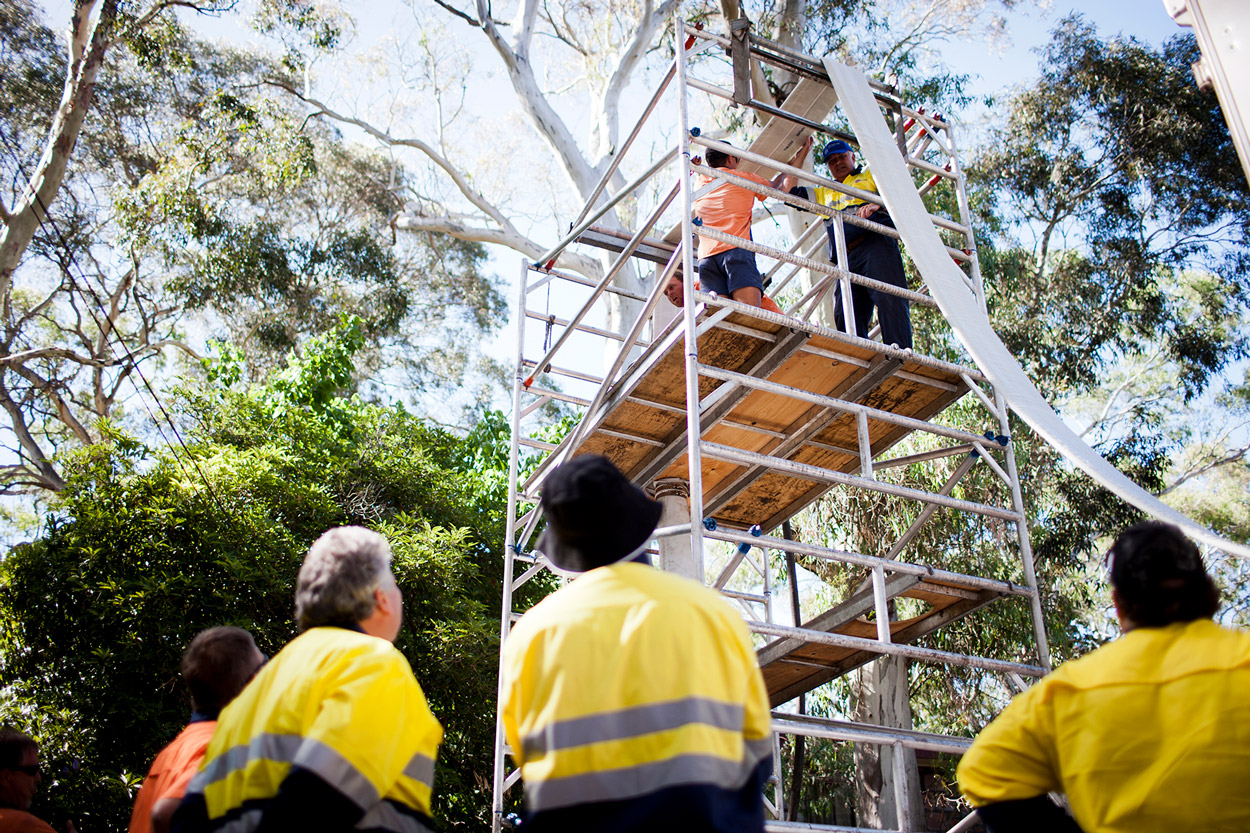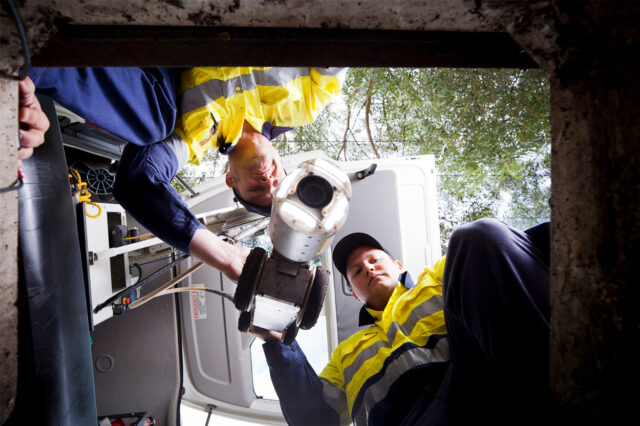Replacing sewer and storm-water underground pipes can be an expensive nightmare when done the old-fashioned way! Digging trenches, removing old pipes, and replacing old pipes with new ones, is a process which requires a significant amount of material and labour. And not only is this process costly initially, but further reinstatement costs also need to be taken into consideration.
Thankfully, there is a far better alternative – Pipe Relining! When you have your pipes relined, both materials and labour are reduced instantly. For starters, Pipe Relining only requires a single access, and in many cases, we use the existing manhole/JB structure. If an excavation needs to be made it is usually only about a metre square, with no expensive trenching equipment needed. The material costs of new pipes are reduced by using a liner and the labour costs associated with removing old pipes is also reduced as there is no need to dispose of the old pipes.
Aside from being less expensive, far greater benefits include reduced time and disruption, and significantly less damage to the surrounding area.
Pipe Relining is a long-term solution – depending on the product we use; it can extend the life of your asset by more than 50 years!
THE METHOD
RENOFLO CIPP RELINING
Plumbing & Pipeline Solutions uses a hydrostatic head to invert a resin-impregnated, flexible tube into the existing conduit which is then structurally cured-in place (CIPP).
CIPP has been used worldwide for more than 50 years and is the most widely used trenchless method. Whether you need horizontal or vertical rehabilitation, or you need to get around multiple bends, the Renoflo CIPP Liner restores structural integrity in less time and with less damage to your surroundings and improves hydraulic flow characteristics.
This includes stormwater and sewer pipes from 80 mm to 2.0 metres in diameter.

THE PROCESS
Plumbing & Pipeline Solutions provide a complete package of works to ensure your assets are assessed correctly when exploring relining options.
The process includes a comprehensive CCTV Condition Assessment of the drainage asset in question to find the defects in the pipe and what the best solution is for the client. In some circumstances the defect is isolated to one crack or break in the pipe, at other times the whole pipe is defective. Only a quality underground CCTV Condition Assessment can provide the footage required to assess this. Once the CCTV inspection has been completed our team of experienced pipeline rehabilitation professionals reviews the footage to determines what is required, a full pit to pit reline or just a single isolated patch repair.
PATCH REPAIR
Plumbing & Pipeline Solutions has patch-lining technology that can accommodate pipes from 100mm to 1200mm in diameter at a fraction of the cost of excavation.
LATERAL REPAIRS
In the past, repairs from the inside of a pipe were limited to either patch repairs, dig up and replace, or the installation of full-length liners.
PIT TO PIT RELINING
Renoflo CIPP uses gravity and water pressure to push and invert a resin-soaked, felt liner into an existing conduit. The resin is then structurally cured-in place by a flow of hot water.
PPS have completed many CIPP liners in sewer and stormwater assets for public works asset managers.
Click here to watch a video of a project completed for the City of Tea Tree Gully in metropolitan Adelaide.
Plumbing & Pipeline Solutions always provides the best solution for the client using trenchless technology. Pipe Relining has far greater advantages that cannot be ignored; smart cost savings, less time and disruption, less damage and in some cases can extend the life of your assets by more than 50 years!














